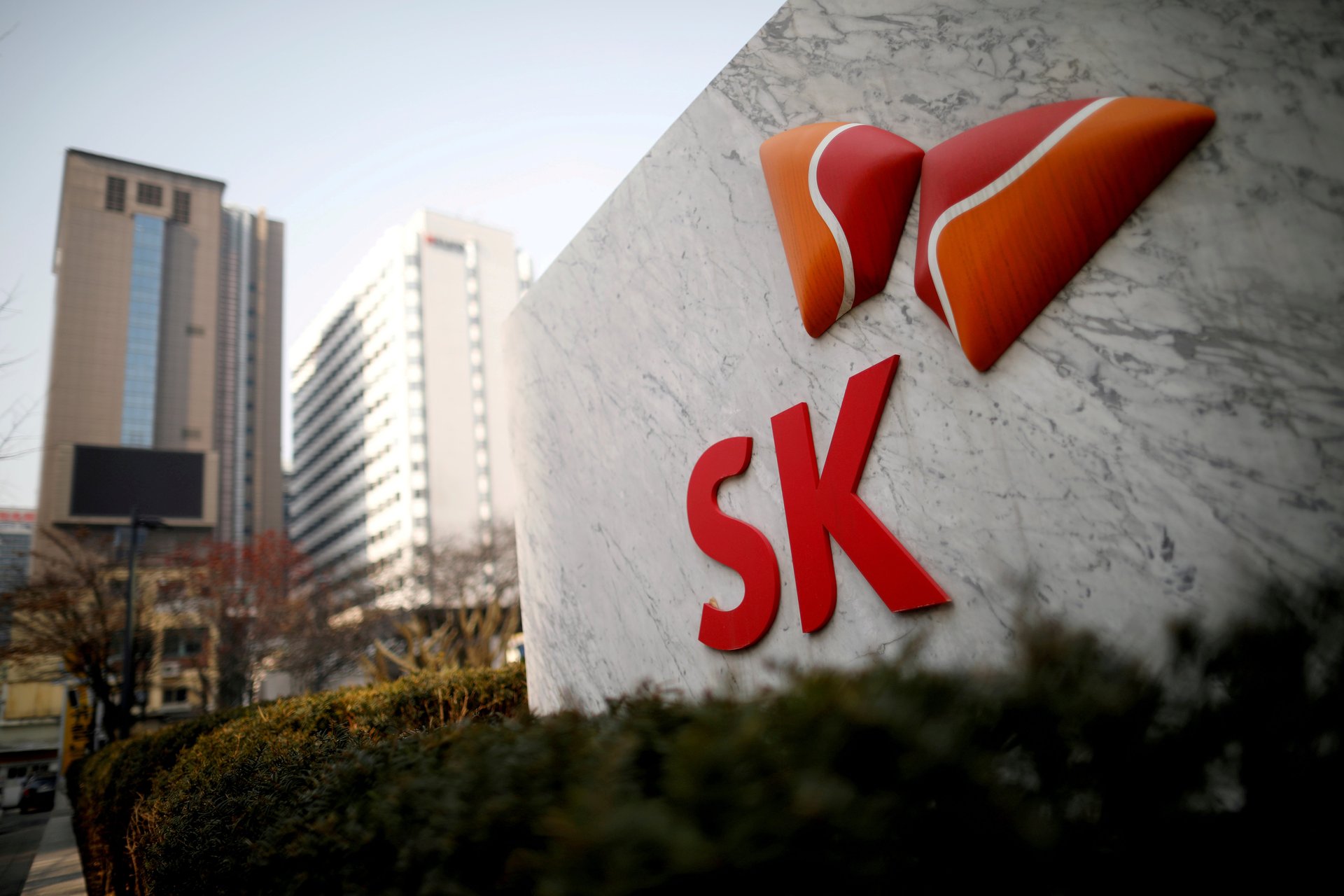South Korea is developing a critical metals strategy to back a lofty battery goal
South Korea wants to be the world’s leading battery powerhouse within the decade.


South Korea wants to be the world’s leading battery powerhouse within the decade.
That was the ambitious vision president Moon Jae-in outlined last month, as he unveiled a new battery strategy that will see the government invest over 40 trillion won ($35 billion) by 2030. It’s part of South Korea’s goal of cementing its stature as a dominant global player in the industry and competing against the likes of China, Japan, and the US as the world transitions to renewable energy.
The state-led strategy—which can also be described as industrial policy—includes tax incentives for research and development, government funding, policies to create new markets for batteries, and battery recycling. South Korea’s three battery giants—LG Energy Solution, SK Innovation, and Samsung SDI—will lead the charge (pun intended).
Any battery strategy faces serious challenges if raw materials can’t be secured, however. To that end, the government last week rolled out a new critical metals strategy with a plan to nearly double the country’s stockpile of strategic inputs like lithium, cobalt, nickel, and rare earths. Demand for those critical metals is forecast to rise fourfold by 2040 compared to 2020, according to the ministry of trade, industry, and energy, citing data from the International Energy Agency.
Under the new strategy, South Korea plans to secure an average of at least 100 days’ worth of supplies of each of the 35 critical metals it identified, up from the current average of 56.8 days. Doing so will help the country secure its critical supply chains, improving their resiliency to supply shocks like those that have roiled the semiconductor industry. Many manufacturers, including South Korea’s auto giant Hyundai, have struggled with chips shortages that were exacerbated by the global pandemic. Meanwhile, South Korea’s battery ambitions are vulnerable to supply disruptions of key metals.
As part of the development plan, the government will provide funding and tax incentives for companies working in the rare metals industry, with the goal of fostering at least 100 such firms by 2025. Batteries, semiconductors, and vaccines have all been recently designated national strategic technologies in South Korea, eligible for a wide range of financial support in a bid to incentivize development and spur demand.
According to Seoul-based research firm SNE Research, Chinese battery giant CATL currently ranks first in the world in terms of total gigawatt-hours equivalents of electric vehicle batteries shipped, as well as global market share. LG Energy Solution, the battery subsidiary of LG Chem, came second with 18.5% global market share, down from 23.9% in the same period last year. Though LG increased its battery production by over 50% this January compared to a year earlier, rapid advancements by their Chinese competitors have weighed on South Korean firms, according to SNE Research.